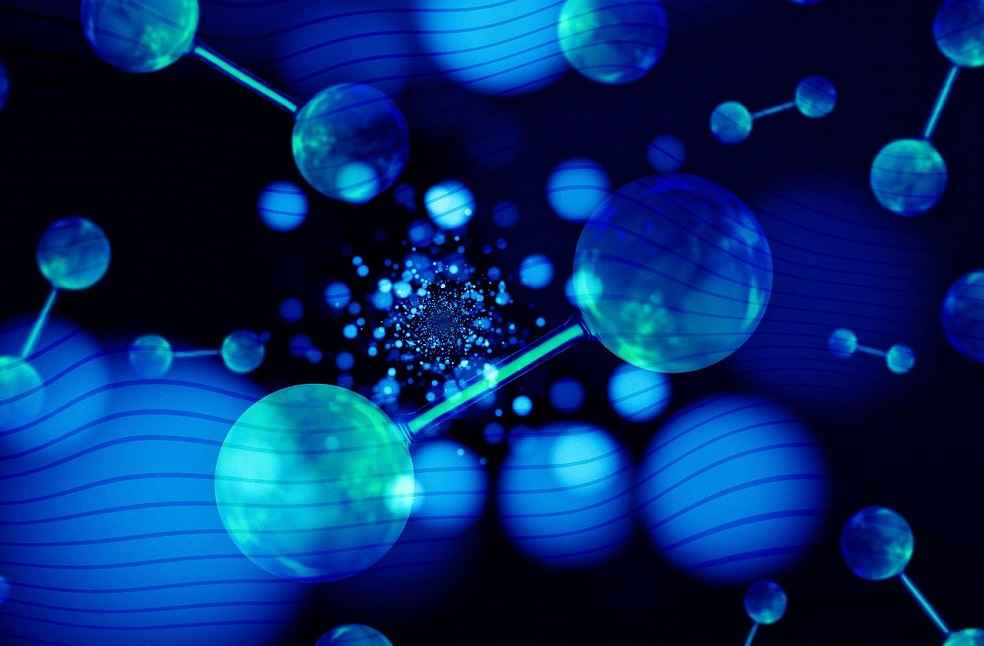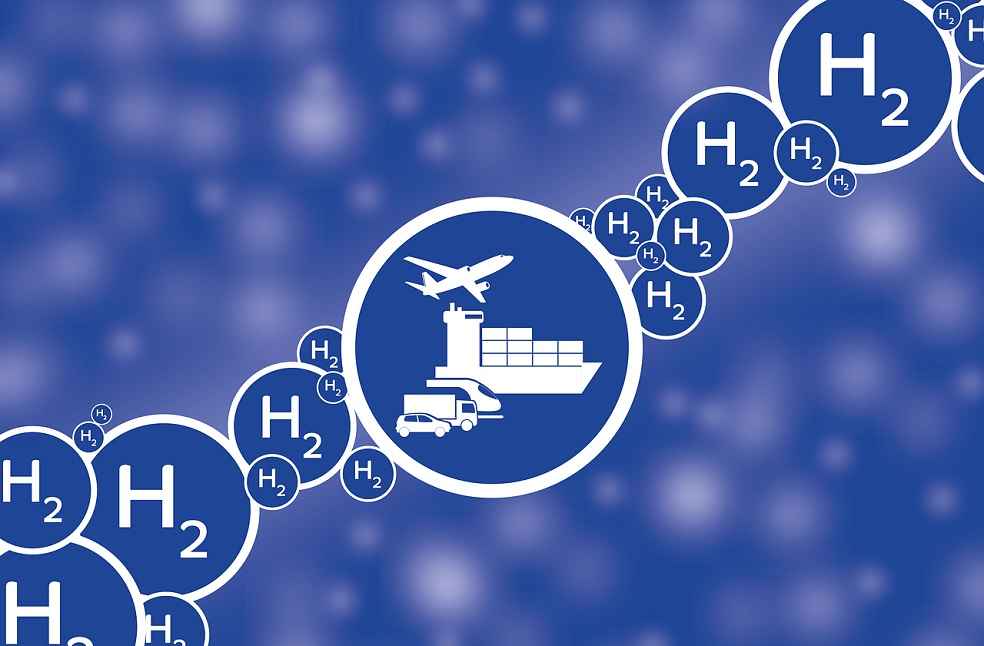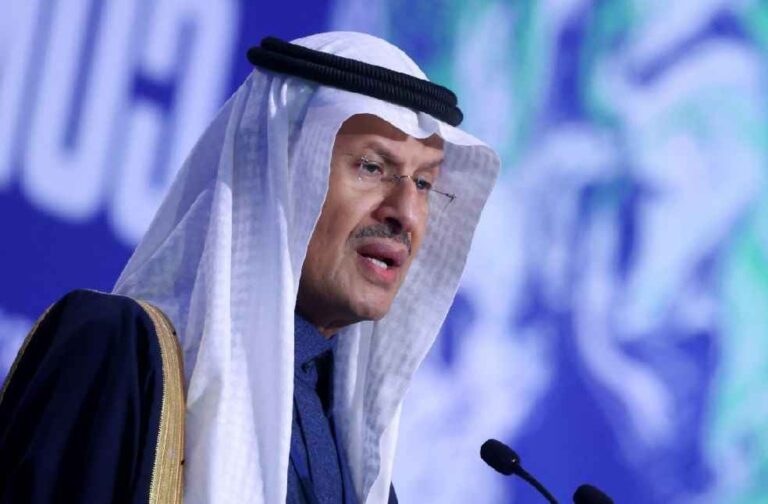Saudi Arabia, the world’s top oil exporter, has reassured Japan, a major importer of its crude, of a secure supply of oil, and pledged to advance their joint efforts in clean hydrogen cooperation. This commitment came from Saudi Energy Minister Prince Abdulaziz bin Salman, amid the backdrop of Japan’s heightened energy concerns. Saudi Arabia supplies 40% of Japan’s oil needs.
The minister stressed the mutual commitment to advance collaboration in clean hydrogen and related applications, as well as the development of infrastructure for a circular carbon economy, in a statement reported by the official Saudi Press Agency.
Earlier this year, Japan, the world’s fourth-largest crude oil importer, and OPEC agreed to start high-level dialogues to address Tokyo’s energy security. Japan is looking to augment its energy security by signing long-term contracts for liquefied natural gas (LNG) and diversifying its energy mix with more renewable resources.

These steps are crucial as the competition for LNG is set to escalate globally due to China’s economic recovery and Europe’s plans to store more natural gas in anticipation of winter.
In a significant move last December, Inpex, Japan’s largest oil and gas exploration company, sealed a deal with U.S.-based Venture Global LNG to supply a million tonnes of LNG annually over the next two decades.
Saudi Arabia and Japan expanded their energy cooperation in the previous year with agreements focusing on a circular carbon economy, carbon recycling, green hydrogen, fuel ammonia, and related fields.
The Energy Minister noted that Saudi Arabia’s energy sector imports from Japan were worth nearly 12 billion Saudi riyals ($3.2 billion) in the past five years, suggesting vast cooperation potential in the petrochemical industry.

A noteworthy development took place in April when a consignment of low-carbon ammonia, produced by Sabic Agri-Nutrients using feedstock from Saudi Aramco, reached Japan. The ammonia will be used in power generation and marks a significant milestone in the pursuit of clean energy solutions, Prince Abdulaziz stated.
Ammonia, a mixture of nitrogen and hydrogen, is a promising low-carbon fuel applicable across various industries, including power generation, transport, and manufacturing sectors such as steel, cement, and fertiliser.
Estimates from energy research consultancy Wood Mackenzie suggest that by 2050, power plants could use as much as 100 million tonnes of low-carbon ammonia. Saudi Aramco aims to produce up to 11 million tonnes of blue ammonia annually by 2030 while developing its carbon capture and hydrogen capabilities.
POLICY & LAW | Hong Kong to Ban Japanese Seafood Amid Nuclear Wastewater Concerns



